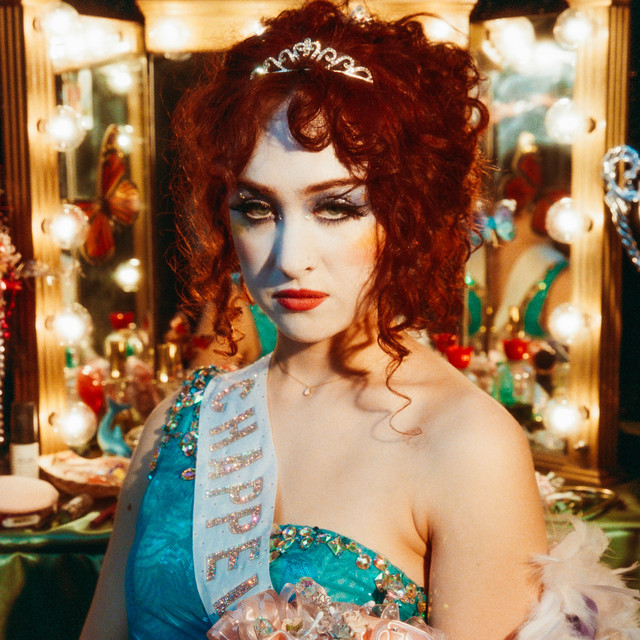The forty year old white man proclaiming that ‘I would have voted Obama for a third term’ isn’t seen as a sign of lifting racial tensions, but more of a patronizing comment that leaves many African Americans feeling uncomfortable. Get Out puts these actions under a magnifying glass and amplifies the problem to make a point about racial tensions in modern America.
Jordan Peele, of Key and Peele, breaks into the film industry as a promising director in his debut film Get Out. Peele mixes both his brilliant comedic style with well-timed scares that keep the audience’s attention on the social commentary. The humor of the film is used to ground the film in a distorted reality in which the crazy events of the movie can proceed without much question, making it relate to real world events that affect African Americans today. The juxtaposed tone of Peele’s comedy and the serious beats of drama mesh surprisingly well to create a unique tone and atmosphere that encourages the audience to both laugh and scream out of terror.
Chris (Daniel Kaluuya), a black photographer, and his white girlfriend Rose (Allison Williams) decide it’s time that Chris be introduced to Rose’s family. Upon meeting her family Chris notices a number of strange things, such as black servants who act strangely… white, and her father throwing, ‘my man’ at the end of every sentence. All these things seem harmless if not a bit patronizing, however the family’s intentions are much more sinister than they appear.
The film’s opening introduces Chris through his photography, highlighting the African American experience, including a photo of a black woman’s pregnant belly as a man turns his back and walks away, or an African American child wearing a mask to cover their face. Chris is in love with his white loving white girlfriend Rose. The films plot kicks into gear with a simple question posed by our protagonist, “Do your parents know I’m black?”
The film sets itself up in such a way that an unsuspecting viewer may find themselves expecting a drama about Rose’s family coming to terms with her interracial relationship. This is how Peele, the director, proves his mastery of subverting the viewer’s expectations. Throughout the film Peele plays with tropes twisting and diluting them repeatedly to create both a new and familiar viewing experience.
It isn’t until the latter half of the film that the suspense ramps up to its peak and the movie becomes an outright horror in which the main character Chris must kill or be killed. The audience relishes in the gory violence of watching characters get murdered in which deserve the worst. The last twenty minutes of this movie are fast paced and thrilling.
Get Out is more than just a run of the mill Blumhouse horror film filled with jump scares and excessive gore, yes it is that but it’s also a satiric look into modern America’s racial tensions. It’s a subversion of a genre showing that, yes, horror can be more than just a cheap thrill enjoyed on Halloween. Peele’s debut film is transformative of the places that the horror genre should be going.





